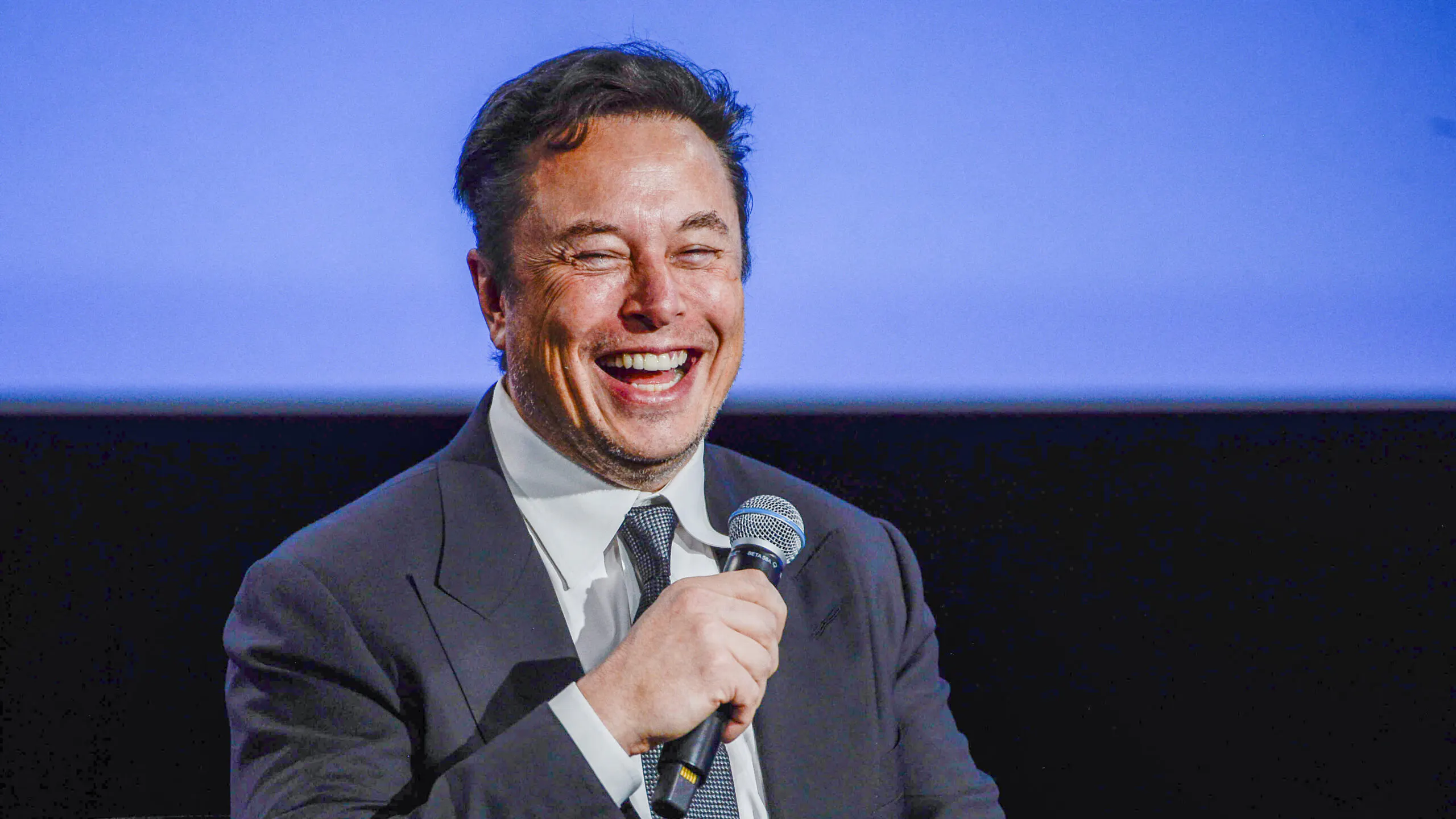Twitter is closing down an office in Seattle, Washington, according to a report, appearing to coincide with the company’s push to slash costs.
Elon Musk, the new owner of the social media platform, has dismissed roughly over half of the company’s employees since he assumed control two months ago in a $44 billion deal. The world’s second-richest man has also fired a handful of employees who publicly opposed him.
The company has not paid rent due for its office in Seattle and now faces eviction, according to a report from the New York Times. Meanwhile, some employees at the company have resorted to bringing their own toilet paper to work after janitorial and security services were cut, people familiar with the matter told the outlet.
Twitter staffers were asked to work from home as the Seattle office prepares to close its doors, according to an email obtained by Platformer Managing Editor Zoe Schiffer, who speculated that the company will only keep office locations in New York and San Francisco.
Musk said during a recent meeting with Twitter employees that he would consider launching another headquarters in Austin rather than entirely closing the San Francisco office. The move would allow the company to glean benefits from the robust technology ecosystem in central Texas and accurately reflect the overarching motive behind the acquisition. “If we want to move the headquarters to Texas I think it would play into the idea that Twitter has gone from being Left-wing to Right-wing, which is not the case,” he told staff members. “This is not a Right-wing takeover of Twitter. It is a moderate-wing takeover of Twitter.”
Many investors have speculated that Musk will open a Twitter facility in Austin given the presence of his other ventures in the area. While a major factory complex for Tesla opened in Austin several months ago, SpaceX has major launch facilities in the region. Brain-machine firm Neuralink and tunnel construction startup The Boring Company also have operations in Texas.
The reports did not mention whether the Seattle workers were asked to relocate. Musk, however, is a vocal skeptic of remote work: during a town hall meeting with Twitter employees months before the acquisition was finalized, Musk was pressed about virtual commuting options, to which he said that working “on location physically” is superior to other arrangements.
“Twitter will also be much more engineering-driven,” Musk told employees last month. “Design and product management will still be very important and report to me, but those writing great code will constitute the majority of our team and have the greatest sway. At its heart, Twitter is a software and servers company, so I think this makes sense.”
Some argue that the dismissal of most Twitter employees with minimal impact on site performance has prompted other technology companies to likewise dismiss surplus workers. When questioned about the phenomenon, Musk commented that “nature is healing,” appearing to reference Silicon Valley’s former culture of scrappy founders stretching every dollar and focusing narrowly on business outcomes.
Executives have faced pressure from investors to reduce bloated payrolls as macroeconomic pressures continue to throttle the economy. Companies such as Meta, HP, Lyft, DoorDash, and Amazon have announced layoffs or paused new hires, citing excess growth in their staff following the demand surge that accompanied the rollback of lockdown measures.


.png)
.png)
.png)

